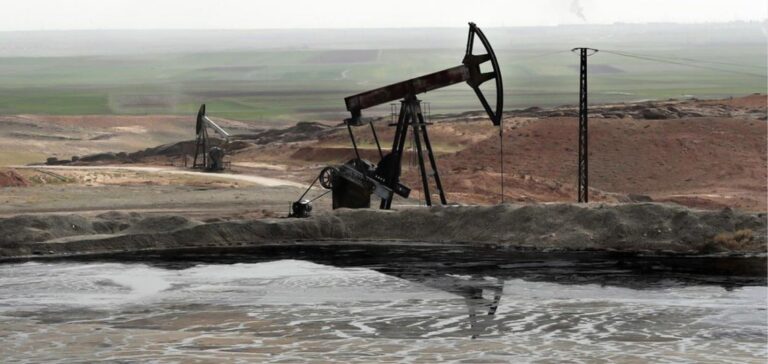Local authorities in Iraqi Kurdistan and Baghdad have signed an agreement allowing the resumption of oil exports from the autonomous region to Turkey, interrupted for ten days, in a “temporary” compromise to end a long-running dispute.
Baghdad and Iraqi Kurdistan find common ground to boost oil exports to Turkey
The agreement comes two days after Baghdad and several other Opec members announced drastic oil production cuts, a decision that sent oil prices soaring.
The agreement provides that Kurdish oil sales will now pass through the hands of the Iraqi State Oil Company (Somo), and no longer exclusively through the authorities of Iraqi Kurdistan. The income from Kurdish exports will be paid into an account managed by Erbil and supervised by Baghdad. This agreement is “temporary”, as it will last until the Iraqi Parliament votes on a framework law on oil and gas. But it is a vital step in ending the long dispute between Erbil and Baghdad.
A “temporary” agreement to regulate oil production and stabilize the world oil market
The “dispute” went beyond Iraq’s borders ten days ago, when Turkey stopped importing oil from Iraqi Kurdistan. In 2014, Baghdad had filed a lawsuit against its Turkish neighbor at the International Chamber of Commerce arbitration tribunal in Paris, following Ankara’s announcement to import oil from Iraqi Kurdistan to Ceyhan. Erbil, ignoring the opposition of the federal government, began exporting to Turkey. Today, these exports amount to about 450,000 barrels per day.
The agreement will “give Baghdad the opportunity to finally be involved in the oil sector in Iraqi Kurdistan, even if it is only the sales part for the moment,” says Yesar al-Maleki, Gulf analyst at the Middle East Economic Survey (MEES). For its part, “Erbil will also be able to increase its revenues by stopping giving steep discounts” on its prices, he adds.
Oil is the cornucopia of both Baghdad and Erbil. Iraq, the second largest country in the Opec, exports an average of 3.3 million barrels of crude oil per day, and crude oil accounts for 90% of its revenue. This is also the reason why the rivalry between the two entities is so bitter. In theory, Erbil should send some of its oil production to Baghdad for marketing. In return, the federal government should pay the salaries of Kurdish civil servants. But Erbil has never sent its oil and complains of chronic delays in the payment of benefits.
On Sunday, Iraq joined several other producing countries, such as Saudi Arabia, Kuwait and the Emirates, in announcing a reduction of 211,000 barrels per day in its oil production starting in May. This decision is intended to bring prices back up after a recent drop.






















